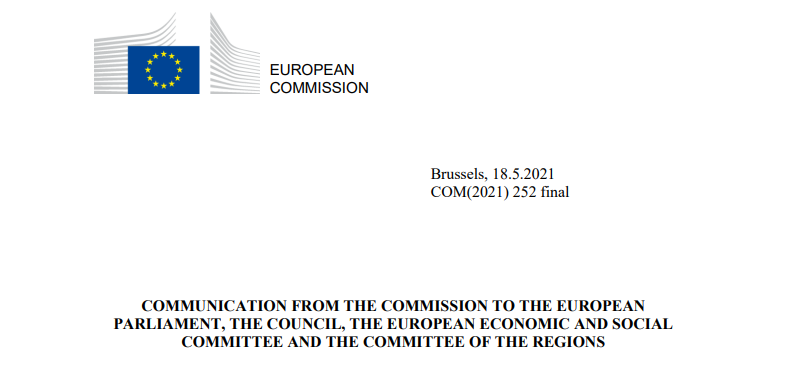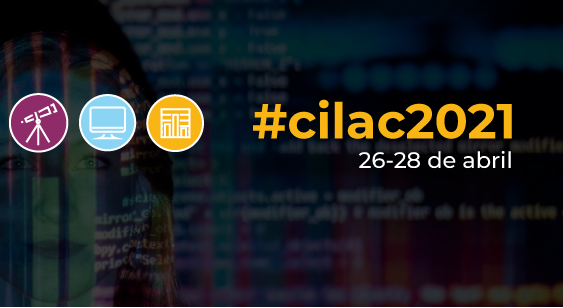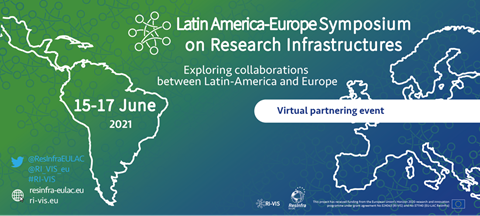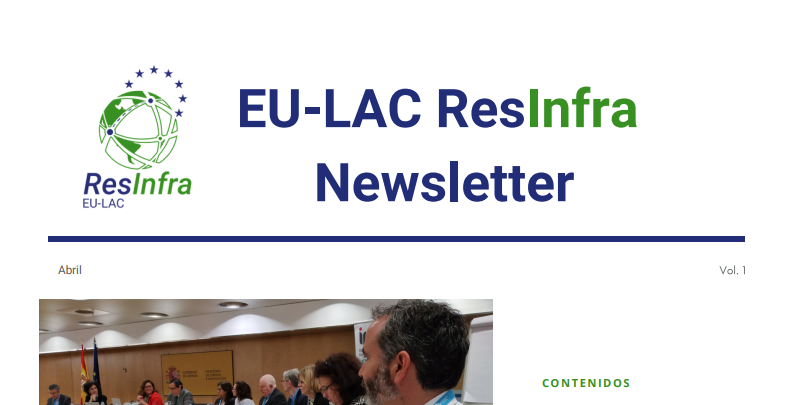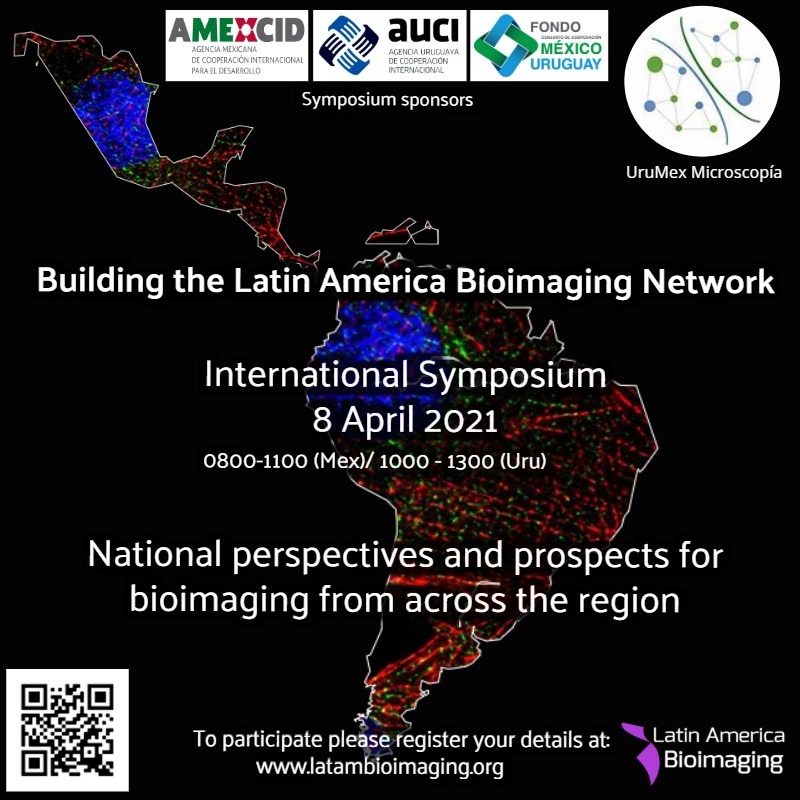On 18 May, the European Commission published a Communication on Europe’s strategy for international cooperation and its global approach to Research and Innovation. This Communication addresses the EU’s positions, priorities, challenges and objectives as a catalyst for internationalisation in research and innovation in a changing world marked by the experience of the pandemic.
Thus, the document presents a new European strategy that seeks to enhance multilateralism and reciprocal openness in research and innovation cooperation, enabling global responses to global challenges. To this end, the EC is committed to the open strategic autonomy of the European innovation ecosystem, combining it with its bilateral cooperation with non-EU countries in certain areas.
This strategy sets out the positions on the role that the EU should take on various issues relating to global research and innovation, and the actions that the EC will take accordingly. Among these, the strategy includes positions on EU commitment to international openness and fundamental values in research and innovation, the search for a balance between open science and the autonomy and values of the European Innovation System, or the EU’s role in promoting international collaboration in processes such as green and digital transitions, among others.
The strategy also provides room for EU cooperation approaches with priority countries and regions, including Latin America. Thus, the EU reaffirms in the Communication its compromise and support for the implementation of the EU-CELAC Strategic Roadmap on Science, Technology and Innovation, based on the four pillars of cooperation with the region: (i) global challenges, (ii) mobility of researchers, (iii) research infrastructures and (iv) innovation. Reaffirmation of this strategy, which guides the action of JIRI SOM, WG on RI and the ResInfra Project itself, reinforces the positive outlook for the role of EU-LAC bi-regional cooperation in R&I in the recovery of the coming years.
Access the document here.
